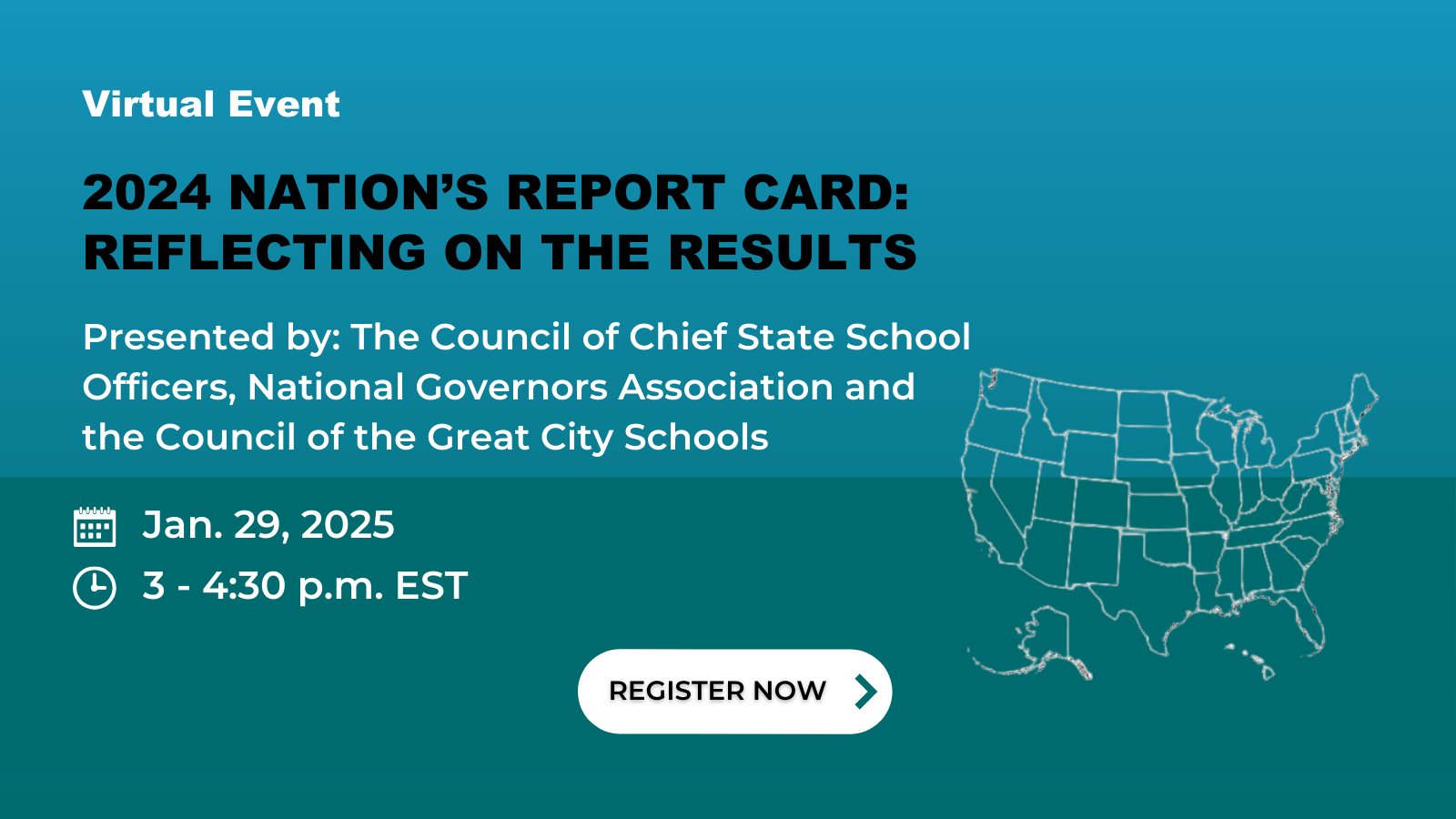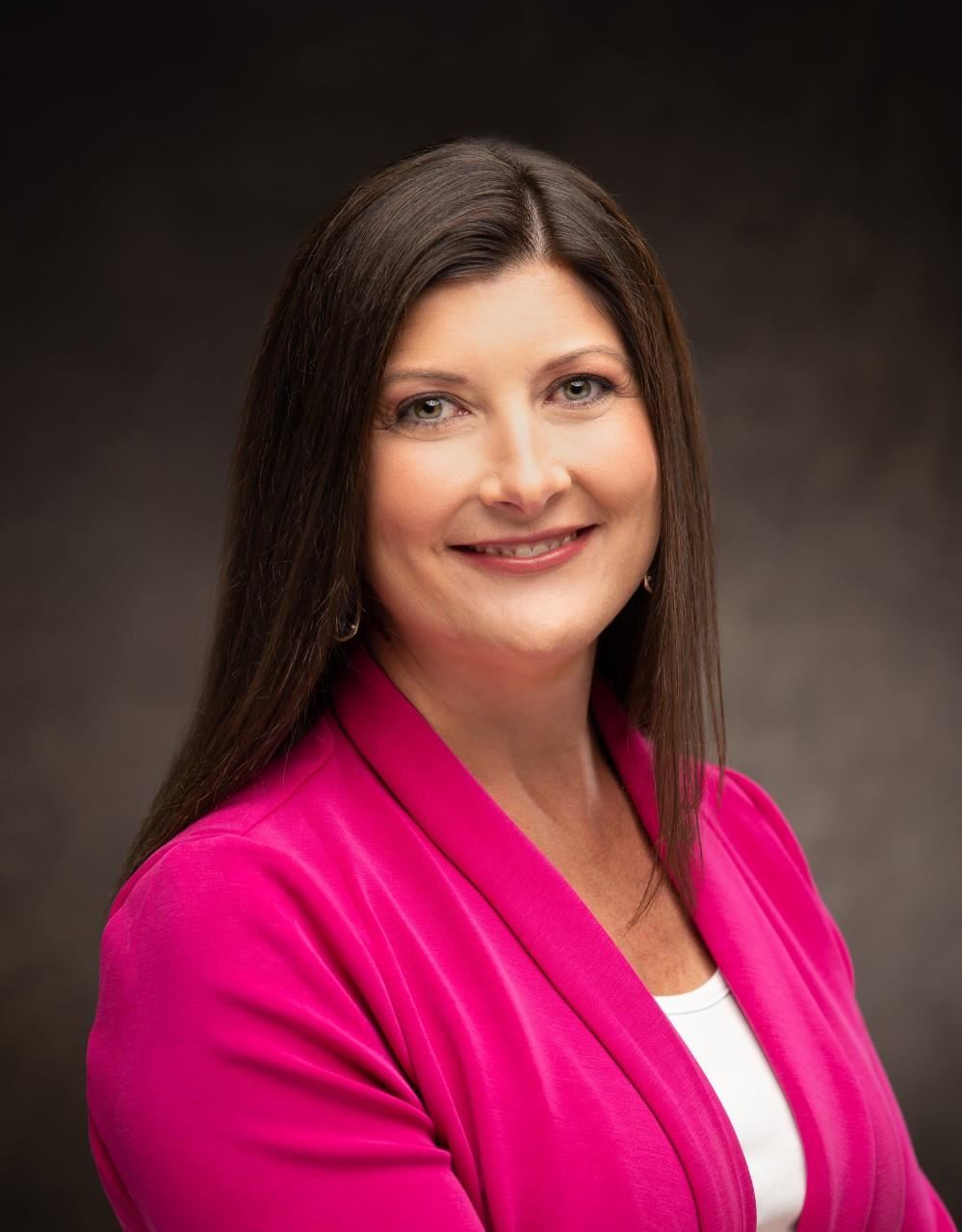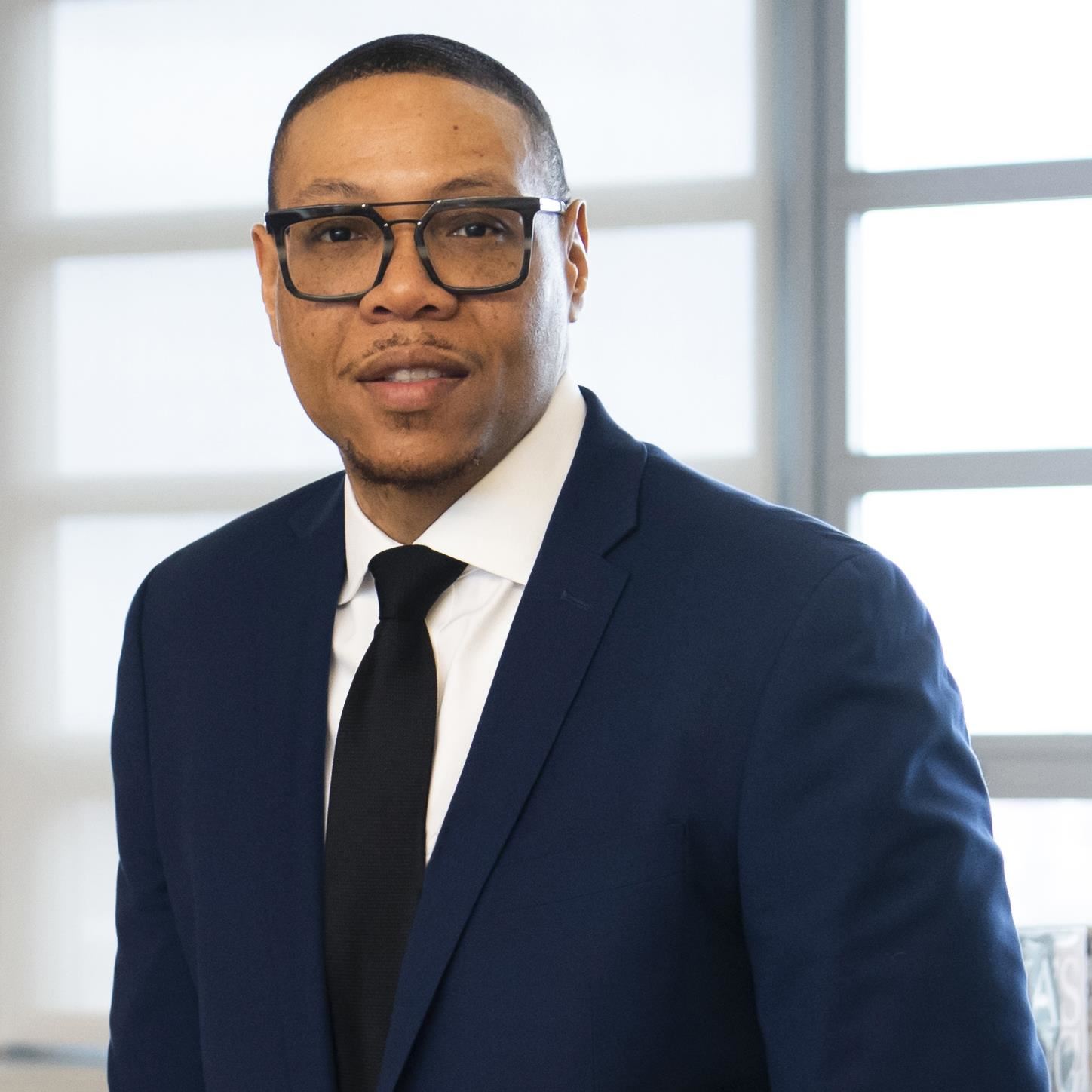- Council of the Great City Schools
- Leaders from Guilford and D.C. Highlight Tutoring Programs in NAEP Webinar
Digital Urban Educator - January/February 2025
Page Navigation
- Large City Schools Improve Faster than the Nation in Fourth-Grade Math
- Leaders from Guilford and D.C. Highlight Tutoring Programs in NAEP Webinar
- New Leaders Named in Milwaukee, St. Paul, and St. Louis; Fort Worth Selects Permanent Leader
- Council Offers STEM Scholarships to Urban Students
- Legislative Conference Begins in March
- “Public Education Matters”
- Memphis Teacher Named 2025 Grammy Music Educator of the Year
- Legislative Column
Leaders from Guilford and D.C. Highlight Tutoring Programs in NAEP Webinar
-
Guilford County Schools in Greensboro, N.C., was among the first districts in the nation to launch a high-dosage tutoring program in response to the COVID-19 pandemic. In 2021, the District of Columbia Public Schools also introduced a high-impact tutoring program aimed at students affected by disrupted instruction.

These tutoring programs were showcased at a recent webinar hosted by the Council of the Great City Schools, the Council of Chief State School Officers, and the National Governors Association, featuring educational leaders from across the nation.
The webinar "2024 Nation’s Report Card: Reflecting on the Results" took place on the same day as the release of the National Assessment of Educational Progress (NAEP). Known as the Nation’s Report Card, NAEP revealed the 2024 math and reading results for fourth and eighth grades in states and large school districts.
During the webinar, Council Executive Director Ray Hart moderated a panel that included Lewis Ferebee, chancellor of the District of Columbia Public Schools, and Whitney Oakley, superintendent of Guilford County Schools. Both districts are part of NAEP’s Trial Urban District Assessment (TUDA).

The District of Columbia Public Schools and Guilford County Schools showed significant gains in fourth-grade mathematics, with increases of 10.4 points and 8.5 points, respectively.
Oakley credited the district’s success to its high-dosage tutoring program, where students meet with a tutor three to five times a week.
“We were able to reach over 17,000 students in the 2023-24 school year,” she said. “And thanks to philanthropic and community support beyond the COVID funding we've already held nearly 90,000 tutoring sessions this year.”
Oakley observed that students involved in the district's tutoring program had both higher attendance rates and higher graduation rates. "This indicates that the students themselves understand the value of the individualized support," she said. "I believe this is contributing to the momentum we are observing.”

D.C. Schools Chancellor Ferebee attributes the district's double-digit increase on TUDA since 2022 to the high-impact tutoring (HIT) program, which supported students in both math and literacy during the school day, after school, and throughout the summer.
“It was an opportunity to have very intensive intervention for those students who needed it the most,” said Ferebee.
To enhance students’ performance in mathematics, the district has partnered with a local university to offer additional certificate programs for teachers, helping them deepen their understanding of mathematics. In addition, the district hosted math competitions for students at Google DC’s headquarters and organized math family fairs to engage families in discussions about math instruction.
“We believe the high impact tutoring, the professional learning experiences we provided for our educators, the competitions, and the better connections with our families around math helped boost our math results,” said Ferebee.
Hart concluded the panel by asking the two district leaders for advice on how big-city school systems can sustain academic progress.
“We invested a lot in our staff in the type of rich, professional learning experiences they needed to have to recover and recover strong for our students,” said Ferebee. “And so, I think those are the types of investments that we need to continue to make.”
He recalled that families who wanted to provide tutoring for their children had to pay for it themselves, so he appreciates that many school districts now offer tutoring programs for free. “I think [tutoring] is certainly a strategy that we all should try to sustain,” said Ferebee.
Oakley stressed that public education and their advocates are in the fight of their lives. They are not only working to recover from the pandemic but striving to ensure schools are adequately funded and that lawmakers see the value of public education as the foundation of what a healthy society looks like.
“Public schools are the only place where every student is invited to come and to receive a world-class education that allows them to explore pathways that will shape our world,” said Oakley.
Media Contact:
Contact Name
Contact@email.com
(000) 000-0000
Contact Name
Contact@email.com
(000) 000-0000
Contact Name
Contact@email.com
(000) 000-0000
Media Contact:
Contact Name
Contact@email.com
(000) 000-0000
Contact Name
Contact@email.com
(000) 000-0000
Contact Name
Contact@email.com
(000) 000-0000


